News
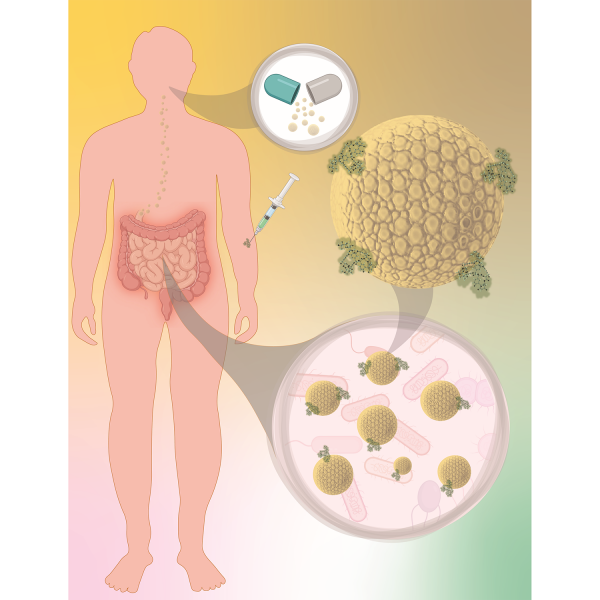
Mar 18, 2025
FDA-approved dialysis drug may help fight against antimicrobial resistance
The study, conducted in mice, revealed that sevelamer can successfully remove off-target antibiotics from the gut.
Full Article

Mar 17, 2025
Ag Sciences research institute SAFES funds projects addressing critical issues
Penn State’s College of Agricultural Sciences, through its Institute for Sustainable Agricultural, Food and Environmental Science, known as SAFES, announced funding awards to accelerate the advancement of its Critical Issues Initiatives. These initiatives serve as the college’s impact hubs, addressing urgent and high-impact challenges through targeted efforts and innovative projects.
Full Article
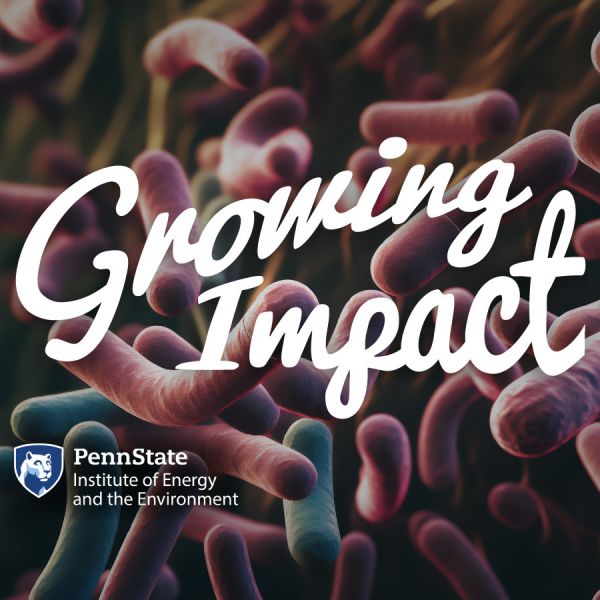
Mar 03, 2025
'Growing Impact' discusses environmental contaminants, human health
The latest episode of Growing Impact discusses how environmental contaminants affect human health, a research focus for Penn State professors Andrew Patterson and Costas Maranas.
Full Article
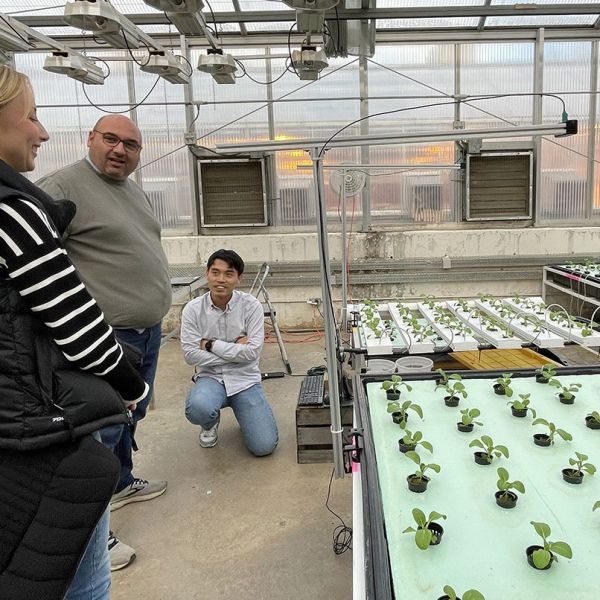
Feb 28, 2025
New computer vision system can guide specialty crops monitoring
The technology applies an internet of things and artificial intelligence to enhance controlled environment agriculture in advanced greenhouse scenario.
Full Article
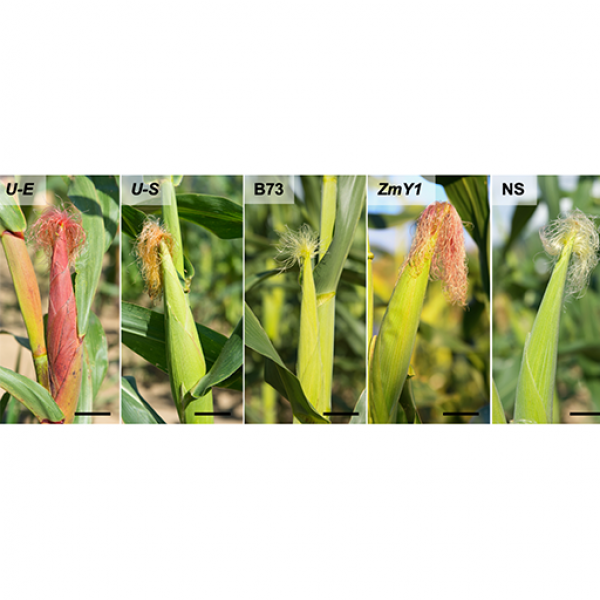
Feb 20, 2025
Select corn lines contain compounds that sicken, kill major crop pest
The compounds, called flavonoids, have an insecticidal effect on corn earworm larvae.
Full Article

Feb 20, 2025
Penn State Climate Consortium awards 5 workshops focused on climate solutions
The Penn State Climate Consortium has awarded five workshops as a part of its Climate Solutions Accelerator Program for 2025.
Full Article
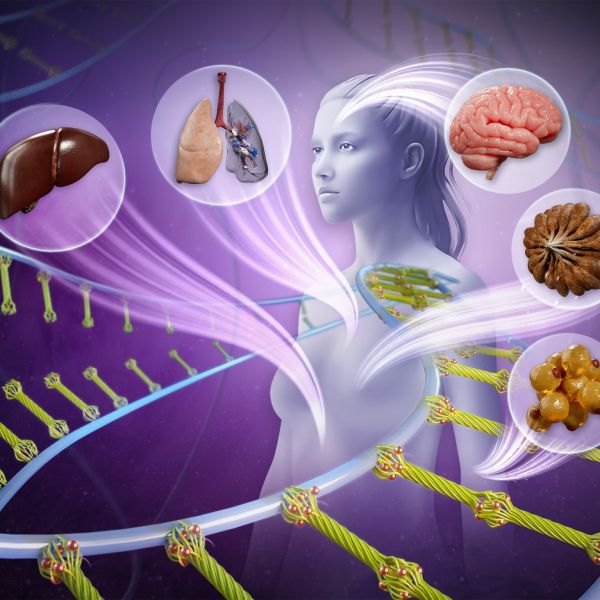
Feb 04, 2025
Novel ‘living’ biomaterial aims to advance regenerative medicine
A biomaterial that can mimic certain behaviors within biological tissues could advance regenerative medicine, disease modeling, soft robotics and more, according to researchers at Penn State.
Full Article
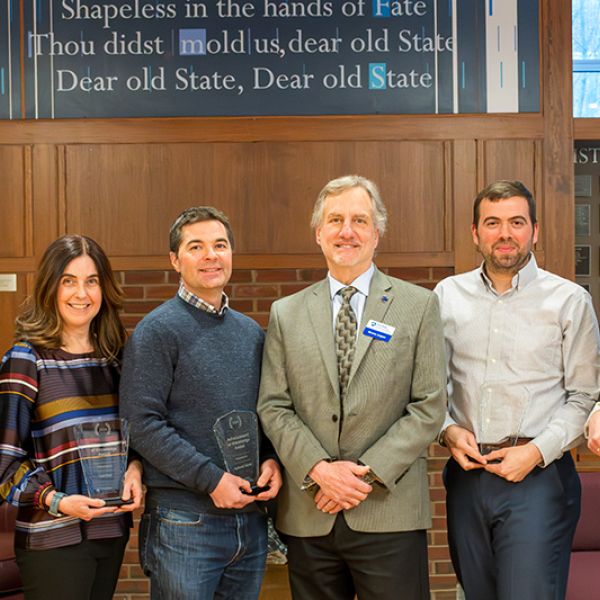
Jan 28, 2025
Researchers recognized for excellence by Institute of Energy and the Environment
The Institute of Energy and the Environment recognized six Penn State faculty members for their research excellence.
Full Article
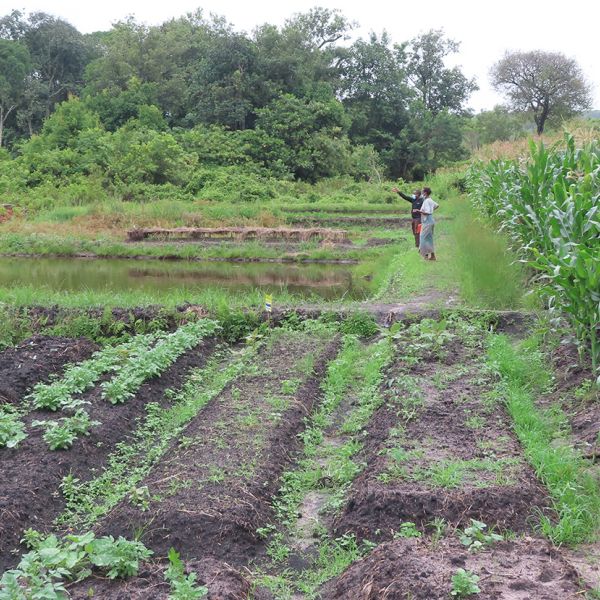
Jan 28, 2025
Researchers explore strategies to aid smallholder fish farmers in Zambia
Fish farming is key to food security in Africa; study shows that optimized agricultural resource management helps fish farmers in Zambia
Full Article

Jan 14, 2025
PlantVillage empowers farmers around the world to combat climate change
UN-supported Penn State research-based non-profit expands into for-profit sector with help from Invent Penn State NSF I-Corps programming
Full Article